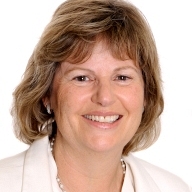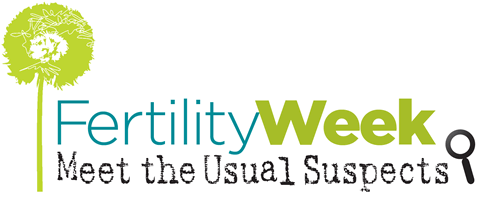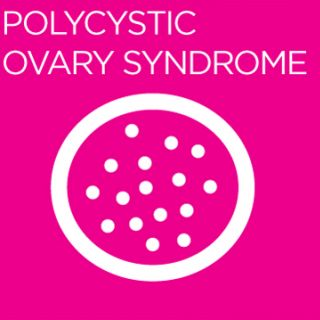What is PCOS?
Polycystic ovaries (PCO) is the description for ovaries that contain 12 or more follicles per ovary (normally there are 1 or 2 follicles per ovary). The use of polycystic ovary is misleading, as the so-called cysts are small follicles which fail to develop - sometimes known in medical terms as atretic follicles.
Polycystic Ovarian Syndrome (PCOS), however, is a more complex condition and may be diagnosed or defined in different ways depending on which country a woman lives in. The most commonly agreed diagnosis is the Rotterdam consensus where PCOS is diagnosed if two or more of the following are found:
- PCO morphology as observed on an ultrasound scan
- Androgen or male hormone related symptoms (see below) OR elevated male hormones in the blood
- Irregular or absent periods
The diagnosis also assumes that other conditions which mimic this picture, and sometimes are associated with polycystic looking ovaries, have been excluded.
 Dr Stella Milsom presented a Webinar on Polycystic Ovary Syndrome and fertility on Wednesday 13 May 2015. Dr Milsom is a leading authority on PCOS in New Zealand and practices medicine at Fertility Associates. She delivered a presentation, which was followed by a question and answer session. The recorded webinar highlights are now available here to watch on video here.
Dr Stella Milsom presented a Webinar on Polycystic Ovary Syndrome and fertility on Wednesday 13 May 2015. Dr Milsom is a leading authority on PCOS in New Zealand and practices medicine at Fertility Associates. She delivered a presentation, which was followed by a question and answer session. The recorded webinar highlights are now available here to watch on video here.



